 Investigation Underway on Norwegian Dawn
Investigation Underway on Norwegian DawnBoth the F.B.I. and Bermuda authorities boarded Norwegian Cruise Line's Norwegian Dawn this morning to begin their joint investigation into what exactly happened to Mindy Jordan, the 46-year-old New Jersey woman who went overboard last Sunday night, according to The Royal Gazette, one of Bermuda's major newspapers.
The ship arrived as scheduled at Bermuda's King's Wharf this morning, a few minutes after 8 a.m. EDT. Passengers were allowed to debark within a short period of time.
Other than that, very little is known at this time. The Bermuda authorities and the F.B.I. are conducting interviews and forensic examinations to help determine the cause of the accident, and the Coast Guard is conducting a Marine Casualty probe to determine what part, if any, the ship or the cruise line played in this tragedy.
According to a report on the Asbury Park Press' Web site, F.B.I. spokesman Jim Margolin said "Among the things we're going to try to determine is whether a crime occurred," adding that he isn't certain how long that might take. Also, according to the news story, certain items were taken from the home of Jordan's mother after she was interviewed, including photographs allegedly showing Jordan with bruises inflicted by Caputo.
Cruise Critic member Robhink is onboard Dawn and claims that the investigation on the ship has been low-key and quiet, especially for people who are not on the 9th deck, where the accident took place.
"There were a couple [of] other interesting items that I'm sure will be brought up in reviews of this cruise after it's over," Robhink posts on the Norwegian Cruise Line forum, "such as leaking in and around the casino area from the large (40+ foot waves) that were hitting the ship yesterday."
Coincidentally, Norwegian Dawn was the ship that was hit with a nearly 70-foot rogue wave near the Bahamas almost exactly three years ago.
Spokespersons for the cruise line were unable to provide additional information about the investigation at this time. We will continue to monitor the situation and bring you updates as they are made available to us.
--by Jana Jones, Cruise Critic contributor
Shipping hard hit by skills shortage
The skills shortage has hit crisis levels in South Africa's maritime industry, MPs heard on Wednesday.
"There is a chronic, chronic shortage of skills," SA Maritime Safety Authority (Samsa) CEO Tsietsi Mokhele told parliament's transport portfolio committee.
Briefing members on challenges facing the local maritime industry, he said many highly-skilled marine personnel had reached, or were about to reach, retirement age, resulting in an increasing dependence on expensive expatriate labour.
"Every entity I know of in the maritime industry is battling with attracting the right maritime skills. As a result, we are spending two-to-three times more than what we should be paying."
Mokhele said implementation of transformation initiatives in the maritime sector had been "hugely lacking" compared to other industries.
"As a result, there hasn't been an infusion of skills into the industry," he said.
A well-placed source in the maritime industry, who declined to be named, told Sapa the skills shortage was a huge problem.
"But it's not exactly breaking news... the problem has been looming for the past 15 years, and everyone in the sector has seen this coming and done next to nothing about it.
"The local shipping industry has put little into training; government has done little to promote maritime training; and, now, there are no replacements for those skilled people who are retiring.
"Affirmative action has also had a negative impact on South Africa's harbours, with unsuitable candidates selected for many of the training courses, resulting in a huge drop-out rate," the source said.
Mokhele told the committee that government had given "inadequate attention" to the country's maritime industry.
There was a lack of policy on the maritime transport sector, and a lack of support and incentive programmes for key maritime industries and initiatives.
"From a competitive point of view, if one looks at shipbuilding and repair, South Africa has a huge advantage. The country has a huge industrial base in terms of steel... and [labour]... but there aren't targeted incentive programmes to drive [this]," he said.
Mokhele also told MPs that South Africa's Shipping Register -- the official list of merchant vessels flying the national flag -- was outdated and uncompetitive.
"Today, I come here to report there is only one ship left on the register, and that one, I am told, could be de-commissioned at any time now. This is compared to 60 vessels in 1990."
He also warned of a lack of technological capacity to monitor foreign vessels in South African waters.
"Our capacity to track and monitor vessels at sea is non-existent," Mokhele said.
This had become clear during the recent incident involving the Chinese vessel carrying arms for Zimbabwe. The authorities were unable to say where the ship was headed, or pinpoint its position after it left Durban harbour.
Further, South Africa was lagging when it came to installing a Long Range Identification and Tracking (LRIT) system, which it was required to do, in terms of international agreement, by January 1 next year.
LRIT is a satellite-based security system used for tracking the movement of large ships around the globe. In terms of agreement, South Africa is obliged to implement the system to monitor shipping passing within 1000 nautical miles (about 1500km) of its coastline.
"Unfortunately, as a country, I don't think we've done the basic work...We don't have the technology."
Initial estimates were that installing the up to 150 base stations required would cost about R75 million.
Mokhele said Samsa was preparing a plan to tackle this matter, which would be ready in August for presenting to government. - Sap
MARITIME NOTE
USCG – National Safe Boating Week
The US Coast Guard issued a press release reminding the public that the period May 17-23 is National Safe Boating Week. (5/15/08).
NOAA – transition of GPS user equipment
The National Oceanic and Atmospheric Administration (NOAA) seeks comments on a plan to transition the installed base of codeless and semi-codeless Global Positioning System (GPS) user equipment to next-generation equipment utilizing the modernized civil GPS signals known as L2C and L5. Comments should be submitted by June 16. 73 Fed. Reg. 28433 (May 16, 2008).
WEATHER NOTE
Got any balsa wood I can borrow?
It's Wednesday, a little after five in the morning, and I am writing, for the first time, while wearing a life preserver, somewhat disconcerting considering I am sitting in the front room of my home.
My kingdom for a kayak.
This will most likely be the final effort of mine. Flood and all. I don't do good writing underwater. So let me take this moment to say I've enjoyed all our experiences together. On dry land. Back when there was some.
It is not raining sheets. It is raining blankets and comforters. Entire bedroom suites.
I don't know whether (weather?) to try to send you these words through the Thursday newspaper, which we will probably have to print on bamboo or Styrofoam, or just float it to your driveway in a bottle.
It's raining cats and dogs. It's raining the whole barnyard. It's raining everything but the kitchen sink and the cattle trough.
If you're lucky enough to have a Bible and a boatload of cypress wood handy, consult Genesis 6 for all your ark-building instruction needs. (I'm swimming toward your house with my hammer as soon as I'm done here.)
Mesmerized as I am by the steady kathump kathump kathump of the windshield wipers on my typewriter, my mind has wandered to the "2008 hurricane and tropical storm names list," which I thumbed through recently, when my hands were dry and my fingertips didn't look like prunes. And I can't help but notice: We have a shot for Hurricane Teddy, interesting to me since that's my name. (Teddy, not Hurricane. My middle name is Wind Gust.)
Arthur is the first name on the list, followed by Bertha, Cristobal, Dolly and Edouard. An eclectic list it is. Teddy, Vicky and Wilfred bring up the rear.
Here are the questions:
When there's a hurricane named after you, do you hope it fizzles out in the Atlantic or do you hope it blows its way into the record books? A fellow meteorologist friend of mine named Donnie Golfgame posed this very inquiry to me.
"I'm not sure where I stand on wanting my namesake hurricane to 'measure up,'" he said. I agree. For the past couple of years, a lot of Louisiana people aren't too happy their parents named them Katrina, I imagine. (Especially if they're men.)
By the way, Hurricane Don is set for 2011, so my man has four years to sweat it out. I'll know if I'm a dud or a stud, storm-wise, by the end of the summer.
My other question:
If there's a good reason behind naming hurricanes, why don't we name tornadoes, storms or showers in general? Why not give them some pub? I feel Wednesday's "storm event" was worthy of some proper noun notice, don't you?
Frank Flood? Flood Event Frank?
Work with me here ... .
How about Sunrise Sam or Sunset Sylvia?
"How about," Donnie said to me, "Hailstorm Harry. Or skip the alliteration and it could be Snowstorm Bill. On the other hand, like Summer Shower Shakespeare said, 'What's in a name?,' anyway?"
Plenty of water, that's what, if the storm is anything like Wednesday's, which started Tuesday.
Quick story: About 8:30 Tuesday night, when the home opener of the Shreveport Sports was officially postponed due to rain and lightning, the Sports' home clubhouse attendants, good guys (and, fortunately, good swimmers) were dispatched to pick up 36 CiCi's pizzas, a postgame spread for the home and visiting teams. Unfortunately, on their way back to the ballpark, their car stalled in high water — as did the pizzas, which were left floating, abandoned on the deep end of a Hearne Avenue intersection. Too bad the postgame spread wasn't fish.
Ouch.
We're talking water deserving of a name. Freddie Flood?
What about Donald Drought. Felicia Famine?
Tsunami could be tricky. Is that a Tsunami Tommy or a Tsunami Sue?
Just wondering. You can get back to me on it. When you're done dog-paddling.
Emergency planning officials practice with fake storm
CAMP EDWARDS — The weather during yesterday's hurricane was beautiful.
Despite the clear conditions, participants in a storm simulation at the Massachusetts Military Reservation prepared for the worst. Not far from the barracks that housed evacuees from Hurricane Katrina three years earlier, emergency officials tested a traffic plan for Conan, a fictitious hurricane that made virtual landfall on Cape Cod under yesterday's bright blue sky.
The exercise was the most realistic simulation yet of what would happen if there was a mass exodus from the Cape, organizers said. "This time, we've had a more formal update of the plan," said David Procopio, spokesman for the Massachusetts State Police, the lead agency in the plan's development.
The plan has been adjusted for recent changes, particularly the elimination of the Sagamore Rotary and the construction of the flyover in its place, Procopio said. "That has been historically the cork in the bottle," he said.
If a storm such as Conan approached, state police would shut down the Route 6 Exit 1 on-ramp at the bottom of the Sagamore Bridge to keep traffic flowing steadily off-Cape, according to the plan.
If the bridges over the Cape Cod Canal are closed or damaged, motorists attempting to leave the peninsula on Route 28 or Route 6 would be redirected onto the military reservation.
While there were some bugs to fix — including communications foul-ups and misplaced personnel — that was the point, officials said. "This is what brings a theoretical application in a book and on paper into reality," Robert Nadeau, director for the Massachusetts Emergency Management Agency, Region 2, told simulation participants gathered in a large room before the start of yesterday's drill.
Players in the simulation included the local chapter of the American Red Cross and Barnstable County emergency planning and response officials. Cadets from the Massachusetts Maritime Academy sat in as fake tourists foiled during an escape from the Cape.
Andrew Klein, an emergency management major at the academy, first became interested in disaster-response work after Katrina hit New Orleans in 2005.
Klein was joined by 15 other cadets for yesterday's exercise. The blue-uniformed students were dropped off at the mess hall of one of the base's barracks with an assortment of simulated ailments and situations.
One was pregnant. Another had a broken leg. A third spoke only French.
Red Cross officials directed the "tourists" to different corners of the room for registration, translation services and medical attention.
Most of the cadets were escorted to barracks, where they were given supplies and a room.
"Three thousand is what these six dorms can handle," said Glen Beasley, executive director of the Cape's chapter of the Red Cross.
The rooms would normally hold between two and four soldiers, but mats and cots would increase the capacity to between four and six occupants, with a priority toward keeping families together, Beasley said.
Another dormitory would be set aside for pets in the event of a real storm, he said.
Patrick Cassidy can be reached at pcassidy@capecodonline.com.
RS










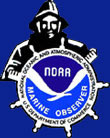





















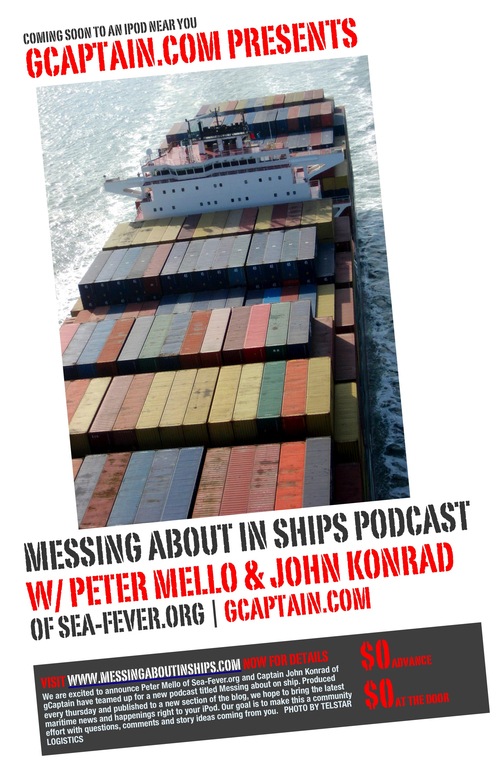
























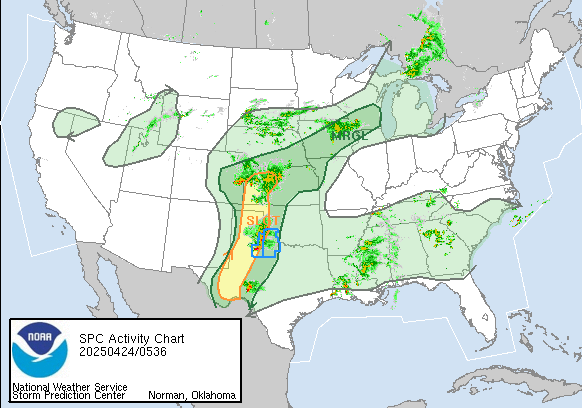
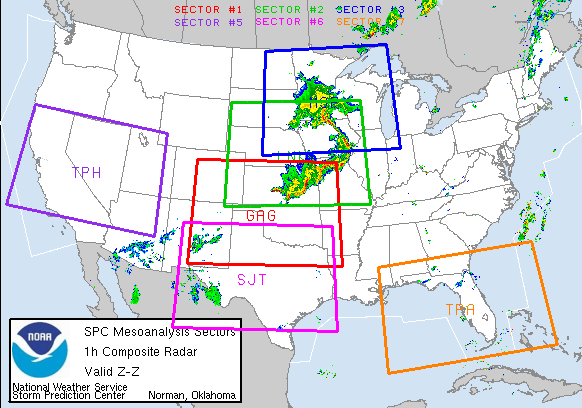














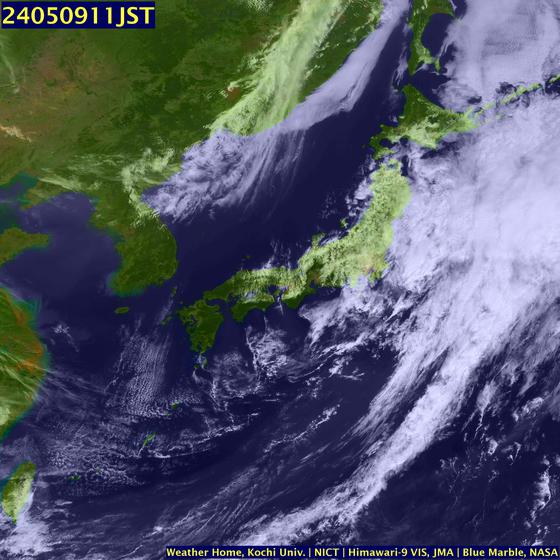

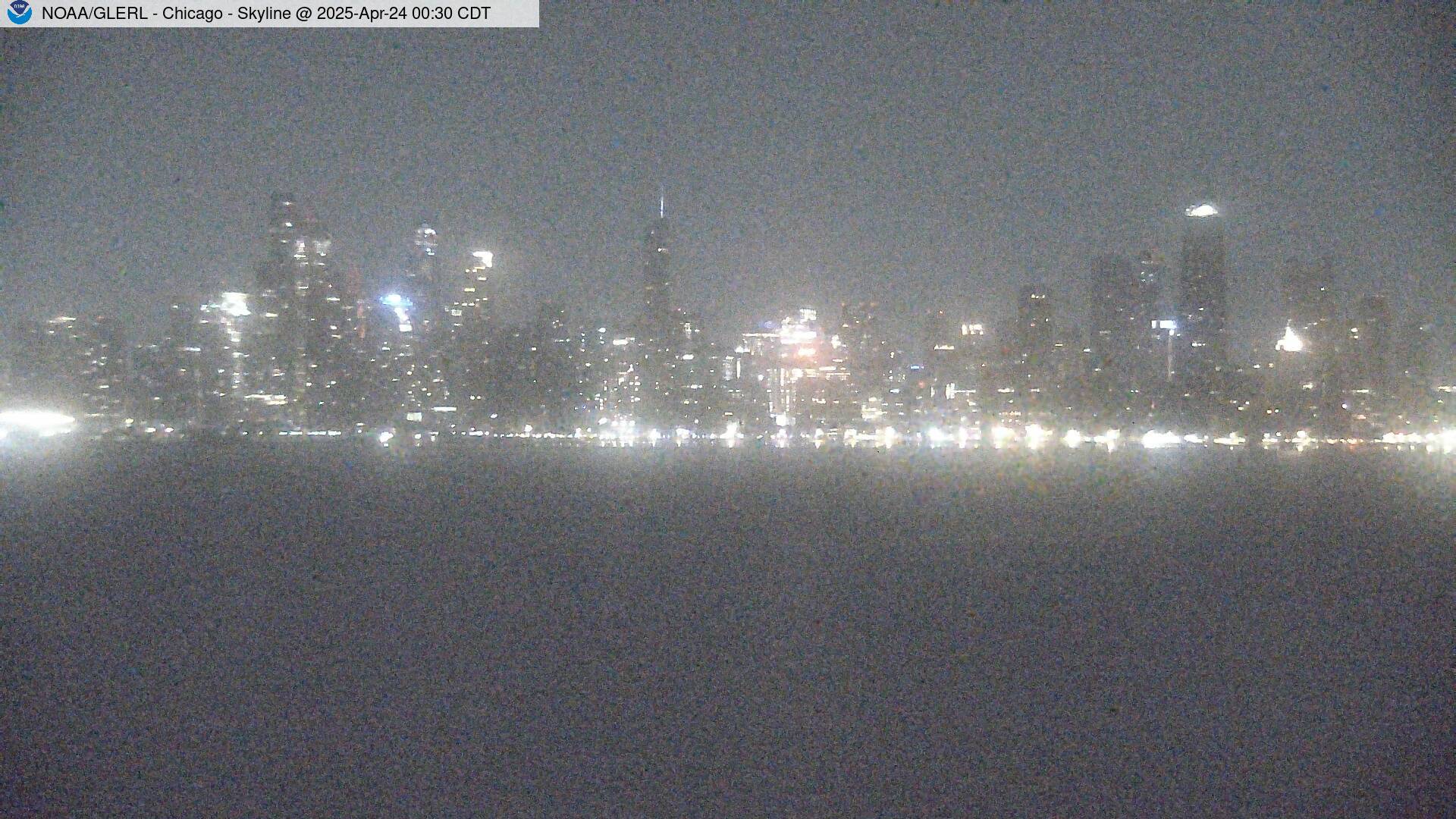












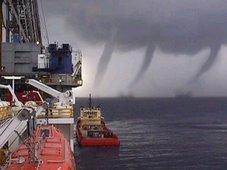
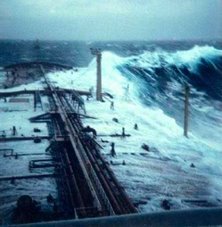
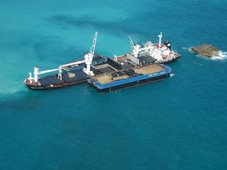
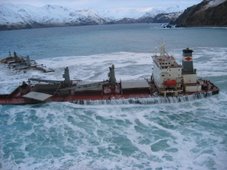
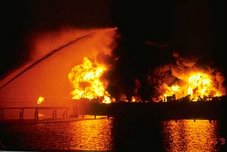
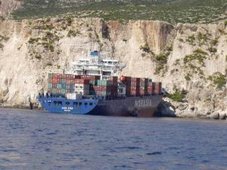
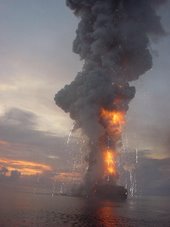



![Validate my RSS feed [Valid RSS]](valid-rss.png)